Sri Lanka arrests protest leaders, as parliament extends state of emergency
Two activists who helped lead mass demonstrations that toppled Sri Lanka’s president have been arrested, police said, as the parliament has extended tough emergency laws imposed to restore order.
Sri Lanka’s acting president, Ranil Wickremesinghe, declared a state of emergency on July 17 as his government seeks to quell social unrest and deal with the economic crisis that has engulfed the country.
Sri Lanka’s parliament on Wednesday approved the emergency ordinance, which allows the military to be given powers to detain people, limit public gatherings, and search private property. The decree has to be approved every month.
Police said in separate statements on Wednesday that they had arrested two activists, named Kusal Sandaruwan and Weranga Pushpika, on unlawful assembly charges. The arrests came a day after student leader Dhaniz Ali was detained and pulled out of a plane while trying to leave for Dubai at the country’s main airport.
Ali is accused of entering the state television station during massive rallies on July 9, ordering employees to air programs supporting the protests and causing a brief disruption in transmission.
Police said there was a warrant for his arrest in connection with a high court case, without giving further details.
Police has also released photographs of 14 suspects wanted in connection with an arson attack on Wickremesinghe’s home on the same day the president’s office and residence were seized.
The South Asian country, home to 22 million people, is struggling with its worst economic crisis since its independence in 1948 amid a severe foreign exchange shortage that has limited essential imports of fuel, food, and medicine.
Sri Lankans have been protesting for months, demanding Gotabaya Rajapaksa’s resignation and holding him and his powerful family members responsible for the country’s economic crisis. Mass protests eventually forced Rajapaksa to flee the country to the Maldives and then to Singapore on July 13, where he tendered his resignation in a letter sent by email to the parliament.
Wickremesinghe, an ally of Rajapaksa, was nominated by the ruling party to be the next president and has since served as acting president. Protesters also wanted him gone, saying he has dominated Sri Lankan politics for much of the last two decades.
Many assumed that Rajapaksa would remain in self-imposed exile abroad to avoid possible prosecution for accusations of corruption and war crimes dating back over a decade. However, he is expected to return home, according to one cabinet minister.
His apparent decision to return to Sri Lanka could be because he has few other options for travel. Human rights groups and lawyers said they had been pressuring countries behind the scenes not to accept him. The US declined to give Rajapaksa a visa, according to reports, as the US was seen to be his favored final destination because his son and grandchild live there and he is a former citizen.
'Blatant war crime': Iran denounces US-Israel strikes on Gandhi hospital in Tehran
IRGC spox: 650 casualties for US military in two days as Iran missiles force aircraft carrier to fle
Tehran warns of false-flag operations, says Israel ‘undoubtedly’ seeking to widen war
New wave of attacks devastates key US base in Bahrain as Iran strikes back
Melania Trump chairs UN children's meeting as Iran buries kids killed in US-Israeli attack
Why Iran’s Leader refused special protection, leading from the front until last breath
Hezbollah strikes Israeli surveillance, military base in Golan Heights, occupied lands
Iran holds funeral for scores of schoolgirls murdered in US-Israeli aggression


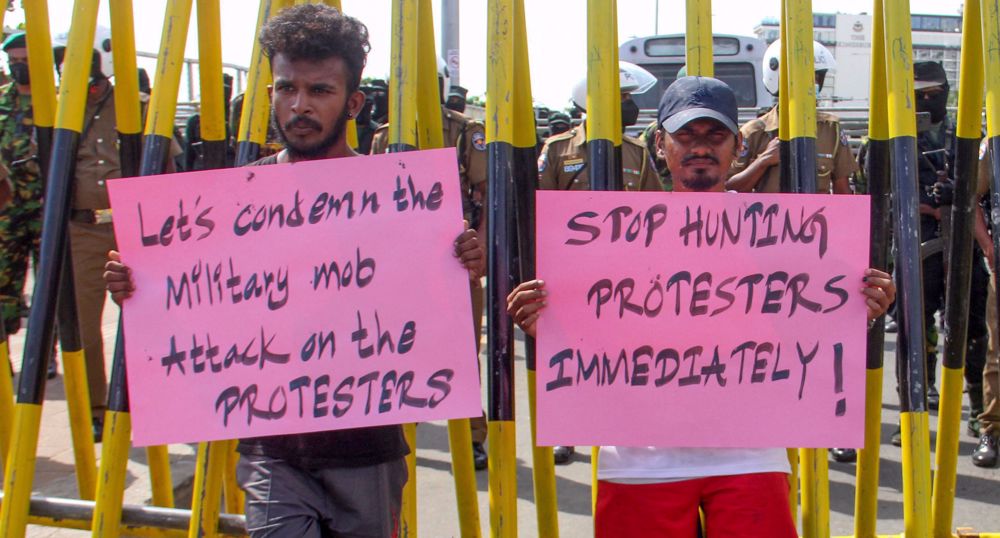
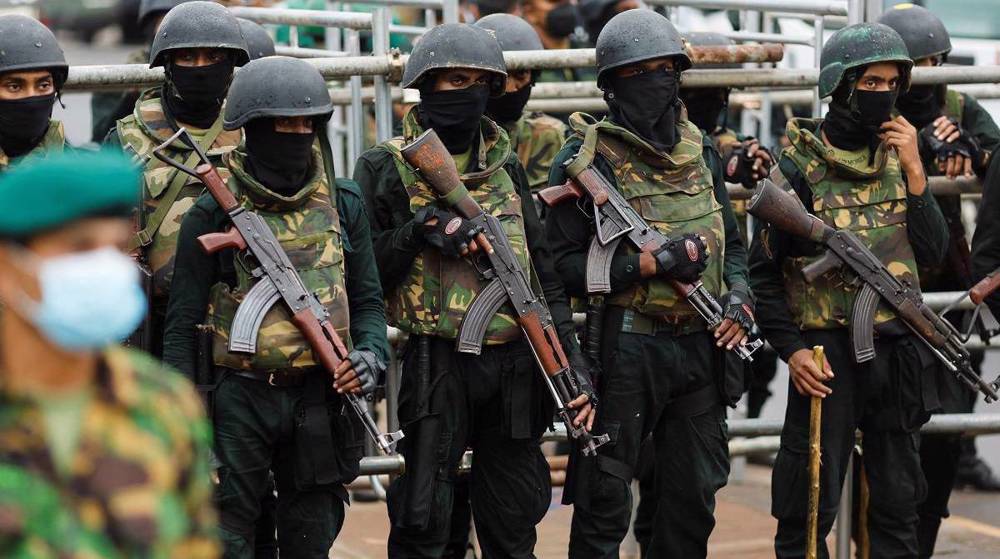






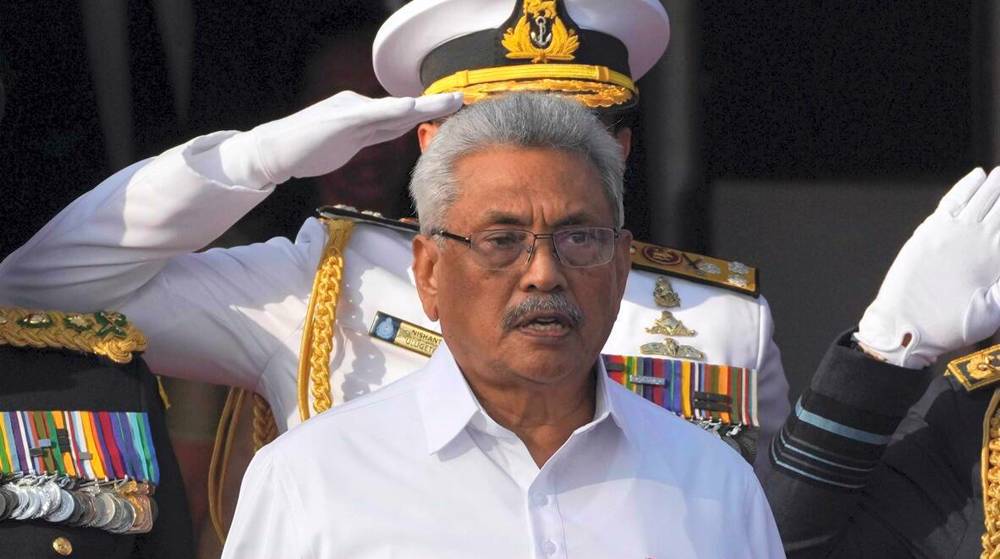
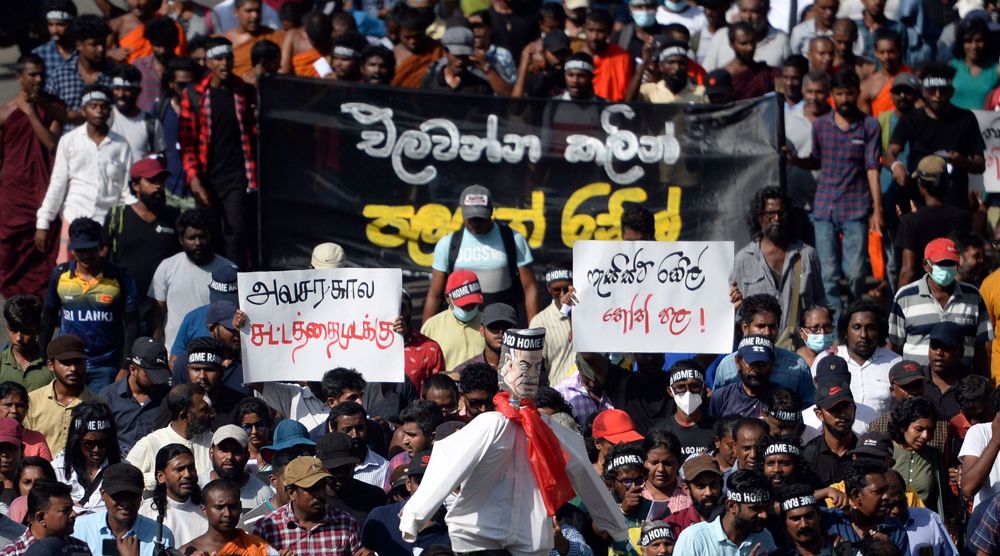
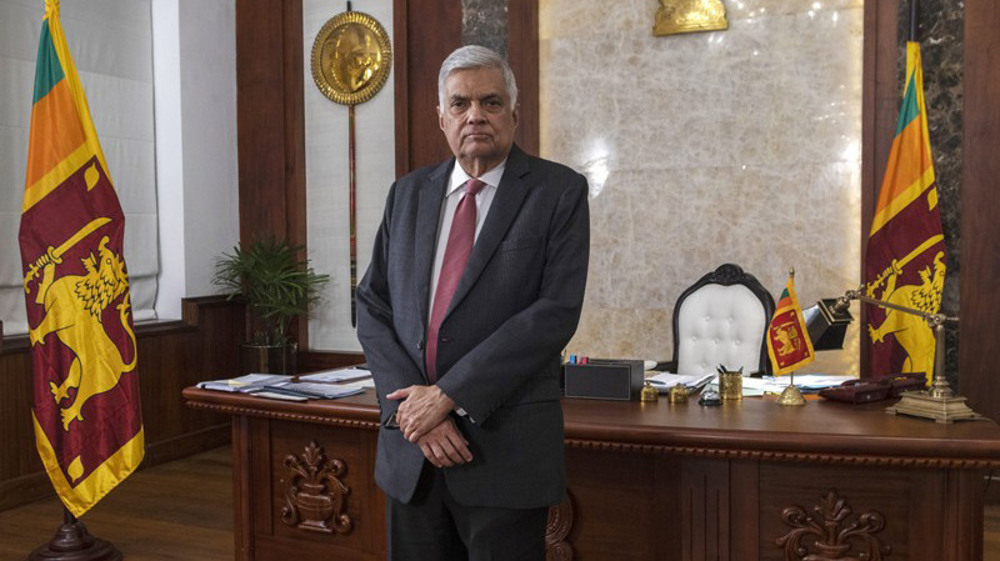
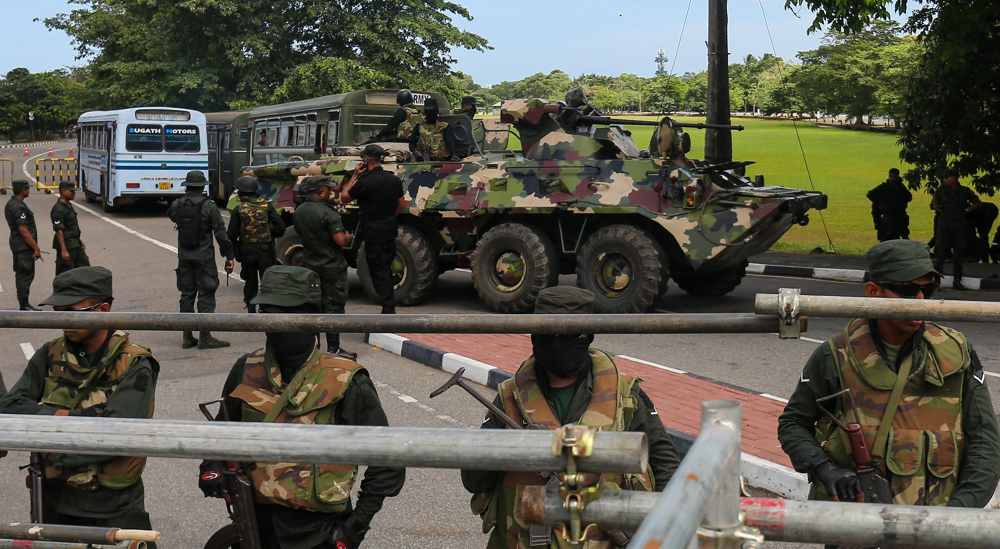
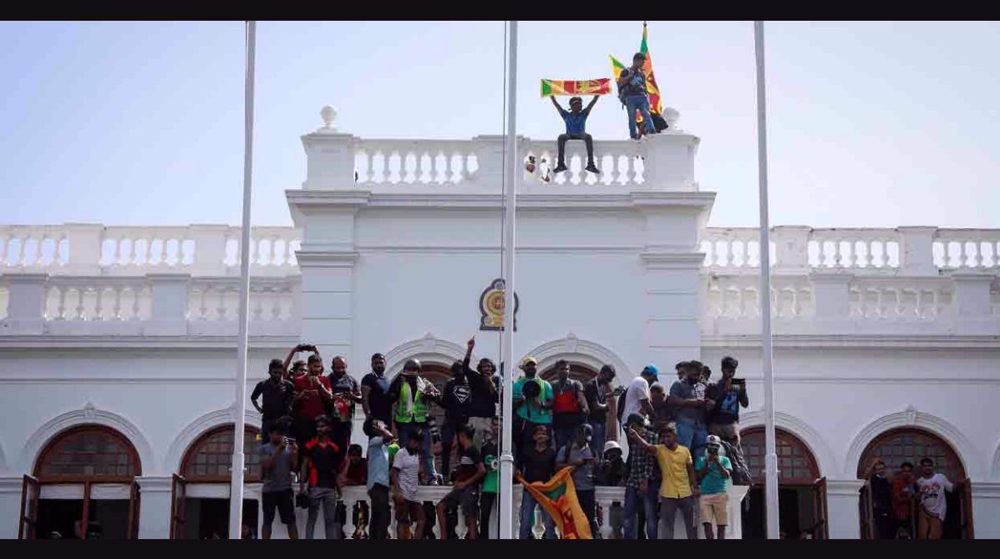

 This makes it easy to access the Press TV website
This makes it easy to access the Press TV website